I am known to be the type of person who tackle’s things as soon as possible. The faster I can address the problem then the easier life will be. It is so much better to get the worries off the list because I know there will be more to come. I am incredibly lucky to have been born into a hardworking family. My father was a farmer and my mother handled 2 jobs and 4 children. Being raised in this type of environment has made me become a strong, independent woman. Thank goodness my parents raised me this way because my daughter’s Autism diagnosis was by far one of the toughest to handle.
The first sign I noticed was when Brooklyn was roughly 18 months old. The key moment was the night she sunk to the floor, clenching her ears in overstimulation. My worry then was that she had some damage or pain that we were unable to see. Everything else about her at the time seemed normal. What I realize now is that I was missing many of the key signs. One prominent being her lack of eye contact and regression in speech.
The next day after the plant on the kitchen floor I made a call to the doctor. My primary referred me to Seattle Children’s Hospital, Neurology department. At the appointment the neurologist expressed concern that she might have a tumor causing pain. So, the next week we routed to Seattle for an MRI, the process was scary but luckily showed no concerns in that area.
During our first appointment at Children’s Village I was told that diagnosis prior to age 2 is rare and difficult. Majority of children are not diagnosed until way later than 2 and Brooklyn was only 21 months. I was given piles of information to review in the meantime. The next 4 months was not the easiest to wait thru, but that is ok, it gave me time to evaluate her more myself. The more I watched the videos and studied what the Autism Spectrum in general was then the more open my eyes became. My Angel was unquestionably on the Spectrum. At the 2-year appointment this was confirmed by Children’s Village.
What are the key early signs to look for in Autism?
It is common for children on the autism spectrum to show developmental differences when they are young. However, they do typically sit, crawl and walk on time. It is their social language development that is often delayed and not very easy to spot. Such things as pretend play, body gestures and social language. One of the big key things is the lack of interaction with their peers. Below you will see some of the signs that are typical to see for a child on the spectrum. Just remember everybody’s brain is different so don’t expect to see every trait. The diversity is huge.
Communication Differences in Children with Autism
-Does not point at things to show needs or share things with others
-Responds to loud noises or animal sounds but will not respond to their name
-Often mixes up pronouns using yes when it they mean no
-Very little single word uses by age 16 months or/and a regression in speech and social interaction between the months of 15 to 24 months.
-Repeat words (echo of what others are saying)
-Can’t start a conversation or have any interest in it
-Toy’s do not usually get used in their intended format. Such as dolls playing human type scenes.
-May have a good rote memory, especially for numbers, letters, songs, or visual recollection (location of items)
Social Differences in Children with Autism
-Does not appear to show sympathy or concern for others
-Doesn’t respond to a parent’s smile or other facial expressions
-When a parent points to an object they do not look that way, nor do they point themselves
-Does not try and show others their toys or what they find interesting
-Facial expressions are limited if any
-Unable to perceive what others might be thinking or feeling by looking at their facial expressions
-Difficult to make friends or does not want to
-Hard for them to decipher what someone is thinking by reading their facial expressions.
-Lack of Eye contact
Behavioral Differences (Repetitive & Obsessive Behaviors) in Children with Autism
-Obsessive interest in certain activities and will stay on them for hours at a time. (Such as my daughter with water)
-Toys, Bikes, Dolls are most often used in different manners than intended. Like spinning the wheels by hand but not pushing.
-Stereoscopic behavior such as Rocking, Spinning, twirling objects or simply walking oddly.
-Very little feeling of pain when injured
-Overly sensitive to smells, sounds, lights, textures, and touch
-Looks at objects at different angles than typical, such as upside down
-Likes routines, order, and rituals; has difficulty with change or transition from one activity to another.
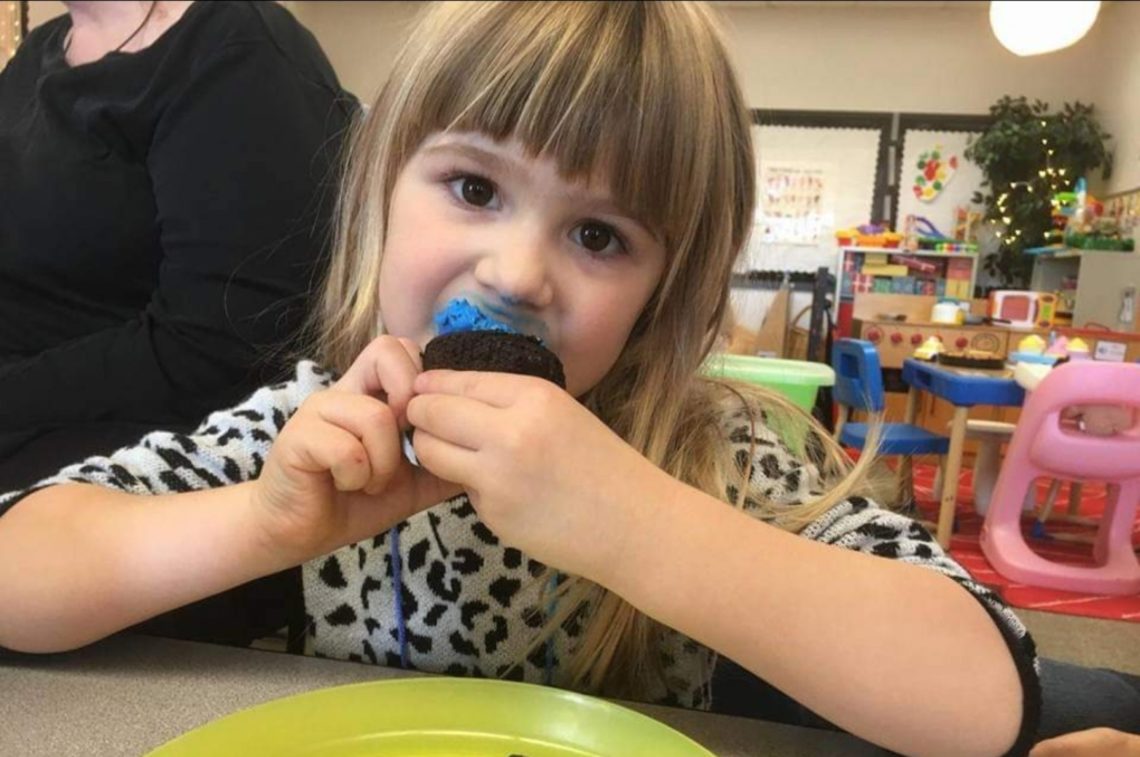
Now remember that the information listed above will not always align perfectly with the characteristics of every autistic person. The key is to review it and see if any align with your child. If they do then what does it hurt to take the next step and have an evaluation done. The sooner the diagnosis is made then the easier the transition for you and them. Research has confirmed that the first five years of a child’s brain development is the most important. With the first three years being the most critical time for shaping the architectural aspect of the child’s brain.
Making sure to implement strategies and routines that will help your child learn and grow is critical, but the most important thing is that they get as much love, affection, and mental stimulation as possible. So, make sure and give your Angel lots of hugs, kisses and smiles. We all need these moments, don’t we?
- Board eligible neurologists.
- Board eligible psychiatrists.
- Licensed psychologists.
- Board certified developmental and behavioral pediatricians.
Below you will find a few links to Washington State centered organizations that specialize in diagnosis.
The following facilities throughout the state provide comprehensive evaluation, treatment, and support for children with developmental disabilities or delays, such as autism spectrum disorder. Links to external resources are provided as a public service and do not imply endorsement by the Washington State Department of Health.
Bellevue
Kindering Center
Individualized, family-centered services for children who are disabled or “medically fragile.”
FEAT (Families for Effective Autism Treatment) of Washington
Intensive Behavioral Intervention for children, community based contextual intervention for adolescents, teens and young adults with autism in Western Washington, in addition to statewide family resource coordination, respite care, recreation and family advocacy.
Bellingham
PeaceHealth St. Joseph Medical Center
Physical therapy, occupational therapy and speech language pathology services for all age groups.
Bremerton
Holly Ridge Center
Relationship-focused early intervention services to families of children with special needs.
Centralia
Pope’s Kids Place
Identifies and manages health-care issues and acts as liaison with specialists and other health-care providers for “medically fragile” children and their families.
Everett
Providence Children’s Center
Serves children born with health conditions that affect their growth and development, or those facing problems stemming from illness or injury.
Providence Boyden Family Autism Center (Providence Regional Medical Center – Everett)
Center of Excellence in Snohomish County providing diagnostic evaluations as well as Applied Behavior Analysis (ABA) therapy and related support services.
Federal Way
Birth to Three Developmental Center
Comprehensive early intervention services for infants, toddlers and their families, promoting development of skills to last a lifetime.
Center For Family & Lifespan Development
Provides professional counseling and psychological and educational assessments to the Federal Way, WA area, including Pierce and King counties. With over 35 years combined experience in the field, their highly-trained experts have been dedicated to providing personalized care and aim to help their clients accomplish their goals.
Issaquah
Lakeside Center for Autism
Assessment and early intervention for individuals with Autism in the greater Seattle area. Provide the most up-to-date, evidence based intervention methods while maintaining communication and support with families.
Kennewick
Responding to Autism Services Center
A multi-disciplinary evaluation team designed to differentially diagnose Autism Spectrum Disorders. Parent based behavior management services are also available.
Kent
Children’s Therapy Center
Therapy services for infants, children, and teens ages birth to twenty-one with developmental delays and other disabilities.
Mt. Vernon
Skagit Preschool and Resource Center
Educational, therapeutic and behavioral programs for children with special needs from birth to age six.
Skagit Valley Hospital
Clinically based family-focused program providing one-on-one and small group physical, occupational and speech-language therapy to children with special needs.
Puyallup
Good Samaritan Hospital Offers a variety of services for children with special needs and their families
Renton
Valley Medical Center
Treatment in occupational therapy, physical therapy, speech and language therapy, social and nutritional services, and family resource coordination.
Seattle
Seattle Children’s Autism Center
Clinical services such as state-of-the-art diagnostic and treatment approaches for children with autism.
UW Haring Center Care Clinic
Serves individuals from infancy through adulthood who have Neurodevelopmental differences (including autism spectrum, ADHD, learning disability, and developmental delays) and their families.
University of Washington Autism Center
Diagnostic evaluations and multi-disciplinary intervention services for children with autism spectrum disorders from infancy through adolescence.
University of Washington Center on Human Development and Disability
Makes important contributions to the lives of people with developmental disabilities and their families through a comprehensive array of research, clinical services, training, community outreach, and dissemination activities.
Spokane
Northwest Autism Center
Provides and coordinates services for children and adults with autism spectrum disorders.
Sacred Heart Children’s Hospital-Developmental Center A multi-disciplinary team diagnoses, evaluates and treats children with developmental disorders to help reach their full potential. Special focuses include ADHD, autism and developmental delays.
Tacoma
Mary Bridge Children’s Hospital
Diagnosis, intervention and advanced treatment for infants, children and adolescents with various neurological conditions.
University of Washington Autism Center
Diagnostic, treatment, and training services to children and adolescents from birth through 18 years.
Vancouver-area
Family Solutions Family solutions offers and extensive amount of mental health therapy services to Medicaid eligible children, youth, and their families. The client range in age between the ages of 3 and 21 and live in and around Vancouver, Washington. This is the current facility that handles my daughters medication ADHD management.
Thrive Autism Evaluations– Thrive Psychological Services continues to offer mental health services including individual and group therapy services to families with children on the Autism spectrum. In addition, Thrive Psychological Services is proud to introduce the Thrive Autism Assessment Clinic (TAAC). TAAC offers a comprehensive evaluation for Autism Spectrum Disorder for children and adolescents. The evaluation may be completed in one day or broken up over a couple of days.
Doernbecher Children’s Hospital-Portland, Oregon
Family-centered, interdisciplinary approach to comprehensive assessment and management of children over the course of their development.
Legacy Emmanuel Children’s Center.
Provides high quality, affordable healthcare for children in a fun, kid-friendly environment. Experienced pediatricians are supported by nurses, medical assistants, and a clinical social worker.
Yakima
Children’s Village
Family centered organization serving children with special health care or developmental needs and their families, while aiming to meet the needs of each individual family.

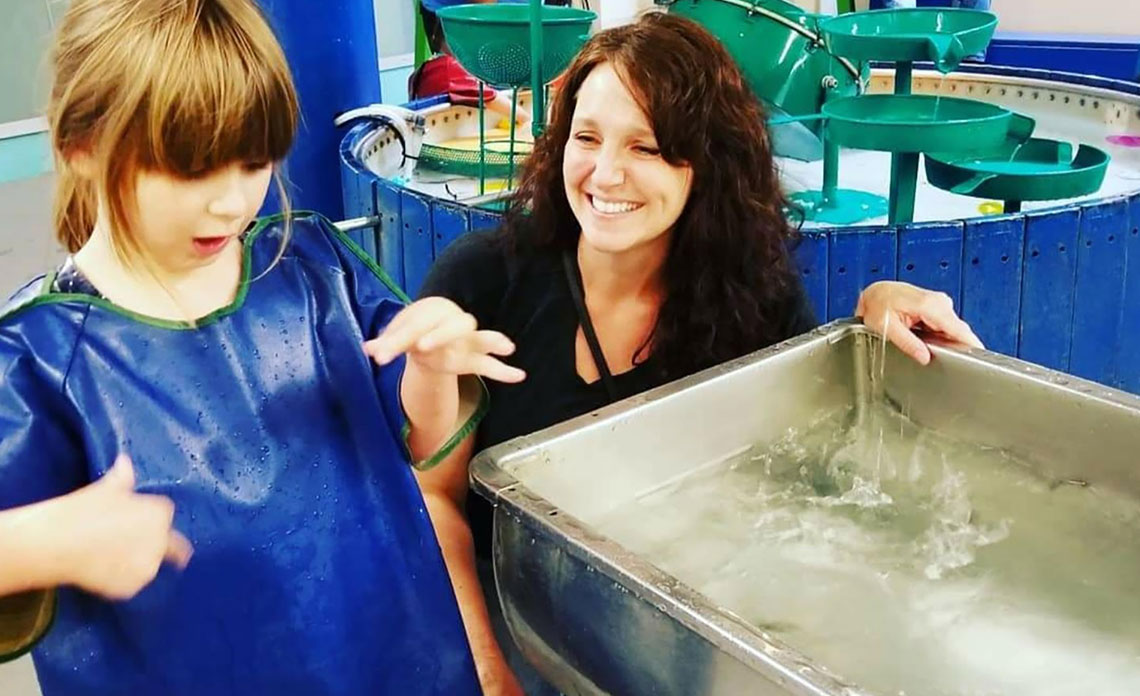
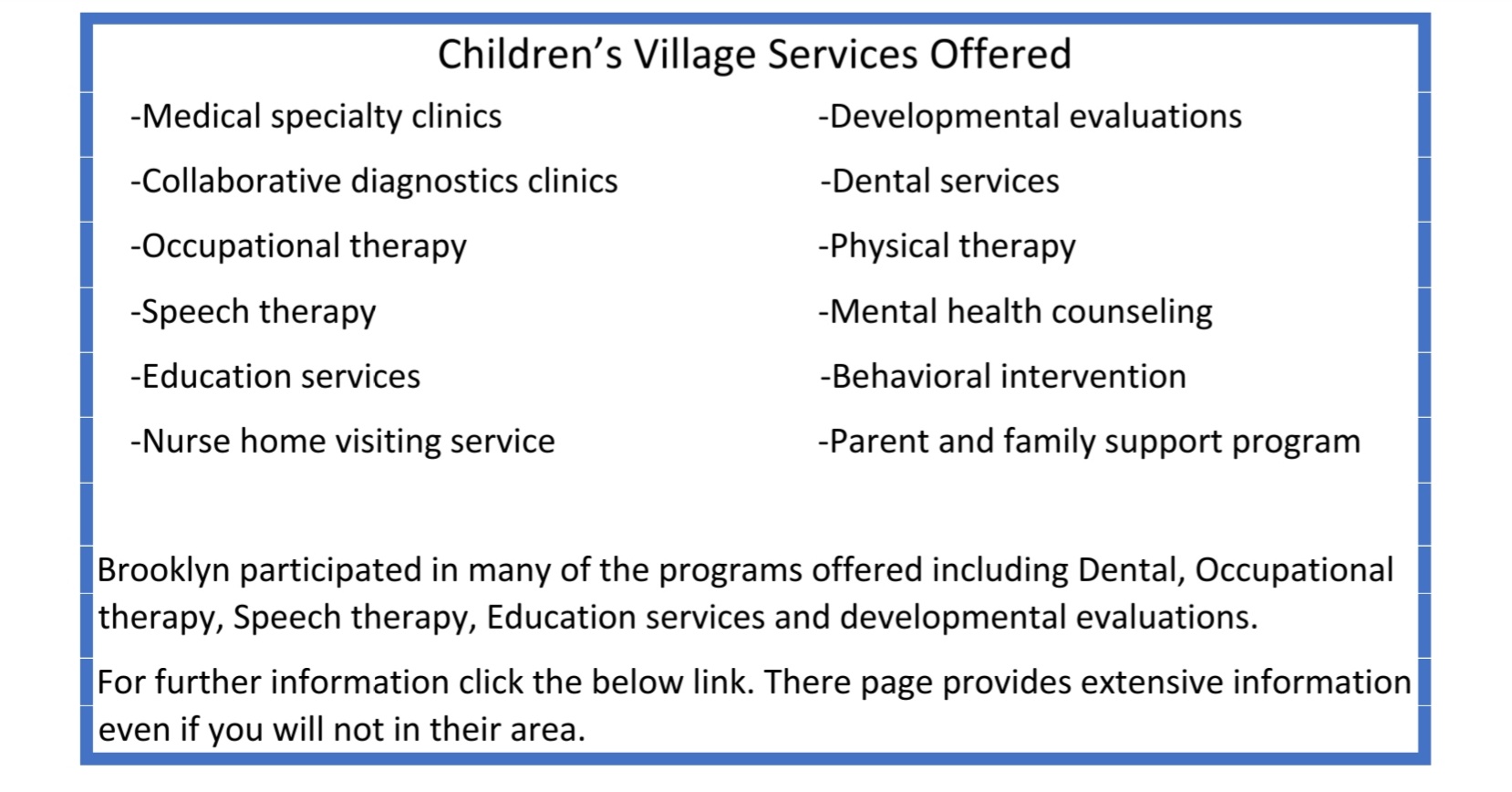
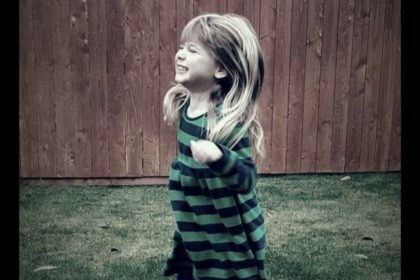
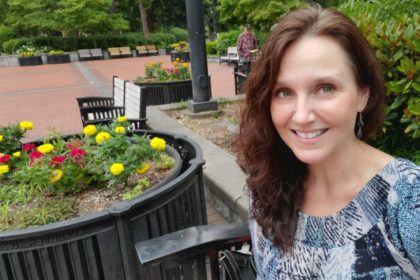
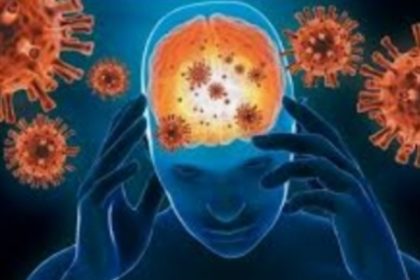
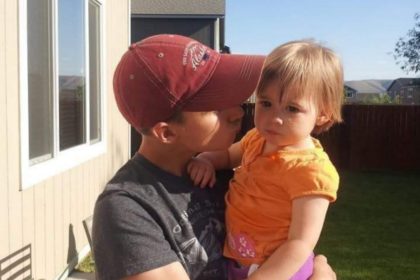
canadian pharmacies without an rx https://shippingtousa.mystrikingly.com/
Amazing material. Many thanks!
canadadrugs https://canadianpharmaceuticalsonline.home.blog/
Perfectly expressed indeed. .